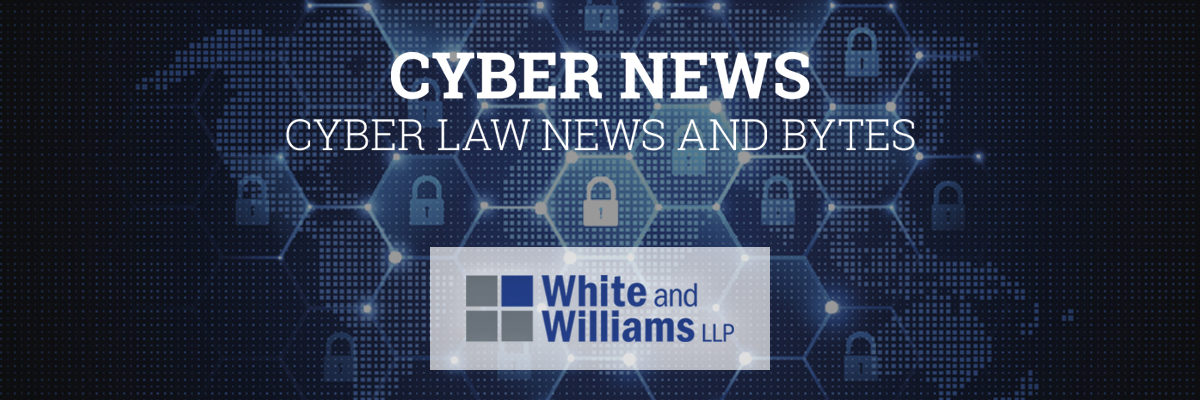Announced GDPR Fine Against Marriott Raises Reporting and Coverage Implications
By: Joshua Mooney and Andrew Lipton
Last week on July 9, 2019, the United Kingdom’s Information Commission Office (ICO) announced its intention to fine Marriott International £99.3 million (about $124 million), or 2.5% of Marriott’s worldwide annual revenue, in connection with the Starwood Customer loyalty program. Last November, Marriott announced a breach of the Starwood brand reservation database, potentially compromising the accounts of approximately 500 million guests. The compromise reportedly first took place in 2014 before Marriott had acquired Starwood in 2016. According to the ICO’s statement, the breach involved a variety of personal data found in approximately 339 million guest records, including 30 million records relating to residents of 31 countries in the European Economic Area (EEA) and 7 million records relating to UK residents.[1]
…
Announced GDPR Fine Against Marriott Raises Reporting and Coverage ImplicationsRead More »
Announced GDPR Fine Against Marriott Raises Reporting and Coverage Implications Read More »







